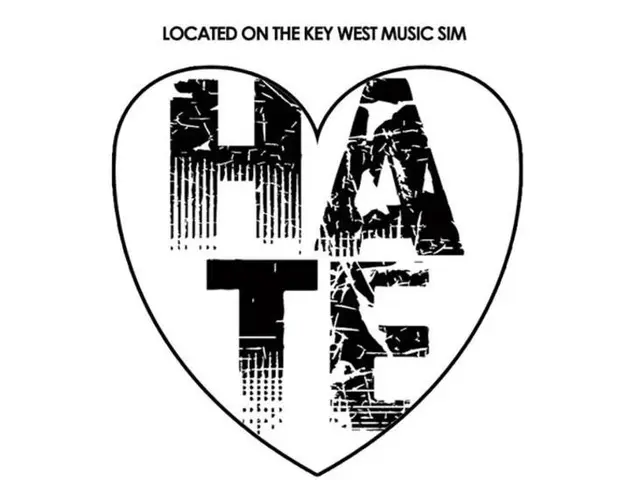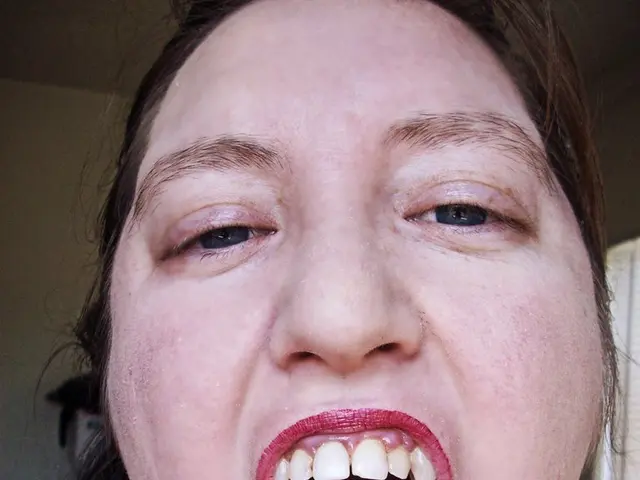A Brutal Killing in Bad Oeynhausen: A 19-Year-Old Syrian's Conviction for Murder
"No Minimum Sentence" - 19-year-old convicted for violent attack
In the tranquil spa town of Bad Oeynhausen, North Rhine-Westphalia, Germany, a chilling incident unfolded in June 2024. A 20-year-old man named Philippos met a brutal end, his life taken in an attack that would send shockwaves through the community. The perpetrator, a 19-year-old Syrian, was recently sentenced to nine years in a juvenile detention center for the heinous act.
The strike was swift and savage. In the heart of the town's park, amidst laughter and celebration following a graduation party, the perpetrator lashed out without mercy. Evidence collected during the trial indicated that the victim, Philippos, was brutally beaten and kicked, causing fatal brain injuries. Despite his severe injuries, the perpetrator continued his assault, delivering violent blows even as Philippos lay on the ground, bleeding from his nose and ears.
The judge presiding over the trial described the violence as "massive." In his rage, the perpetrator demonstrated absolutely no restraint, even awareness that his actions could result in the death of his victim. The attack didn't end there – the perpetrator also used violence against a second individual in the park. The incident, marked by its brutal nature and the perpetrator's lack of remorse, left a deep and lasting impact on the community.
The trial, a testament to the lessons of justice, brought the surrounding community together in solidarity for the victims and their families. The perpetrator, who was 18 at the time of the crime, accepted his sentence calmly, leaving the community questioning the events that led to such a cold and calculated act of violence. An appeal against the verdict remains a possibility.
Politically, the incident sparked heated debates over immigration policies and the deportation of foreign criminals. Some viewed the case as a reason for stricter immigration measures, while others directed their focus on ensuring migrants are integrated into the community, particularly in the provision of resources for language learning, job skills, and mental health support.
The trial focuses on the circumstances leading up to the incident, the evidence presented by the prosecution, and the defense's arguments. Evidence could include video footage, eyewitness accounts, and forensic evidence. Legal proceedings usually involve charges brought by the prosecution, a defense strategy by the accused, and a verdict by the court. Sentencing decisions are based on the severity of the crime and any mitigating or aggravating factors.
As the case unfolds, the community grapples with the impact of the incident, hoping for justice and healing. The future is uncertain, but the people of Bad Oeynhausen hope for a safer and more united town where violence has no place.
- In the wake of the brutal killing in Bad Oeynhausen, community members have requested a thorough review of the community policy, particularly in relation to the integration of immigrants and the provision of resources for language learning, job skills, and mental health support.
- The 19-year-old Syrian's conviction for murder has sparked heated discussions on various platforms such as WhatsApp, with many questioning the employement policy of the town in light of the incident and whether more could have been done to ensure the perpetrator's integration.
- Concerned citizens have taken to general news channels and politics forums to voice their opinions about the incident, advocating for tougher employment policies to prevent similar tragedies from occurring in the future.
- Protests against the crime-and-justice system have begun to surface, with some community members calling for harsher sentencing, especially in cases involving foreign nationals like the perpetrator who committed the murder.
- In the midst of the emotional trial, Philippos' family and friends have expressed hope that the case will bring awareness to the importance of empathy, understanding, and fair employment policies for all, regardless of their background or nationality.







